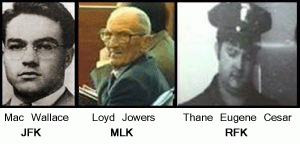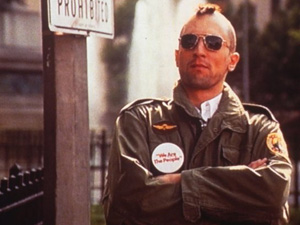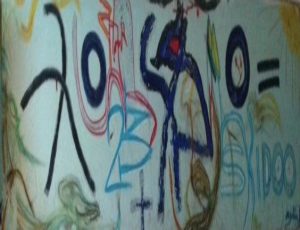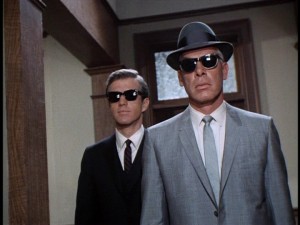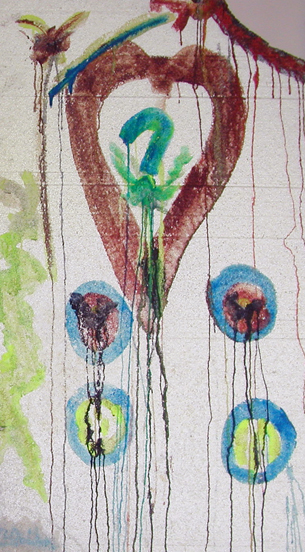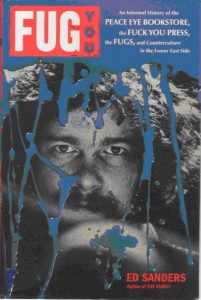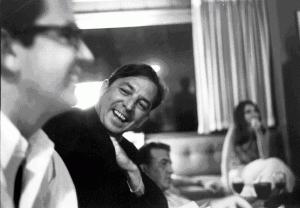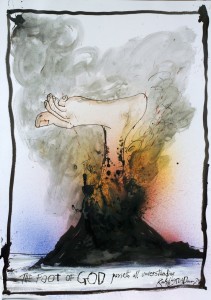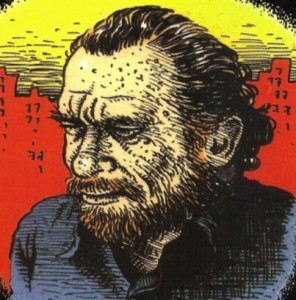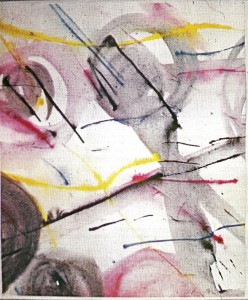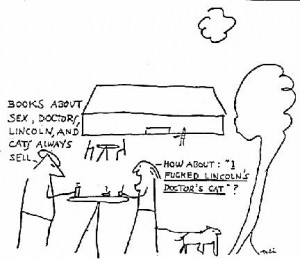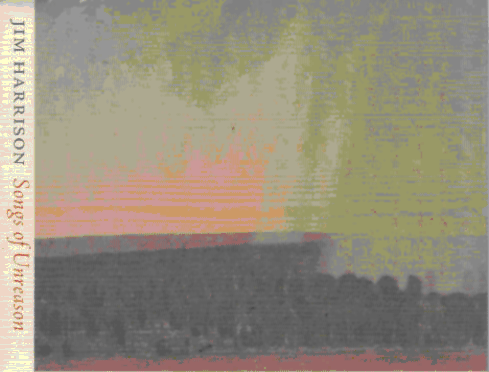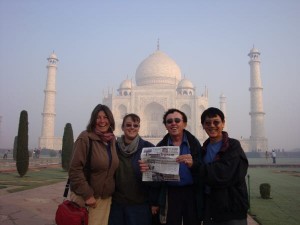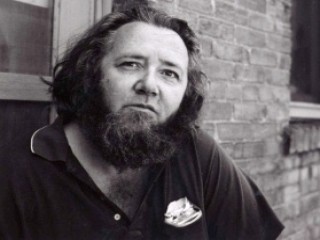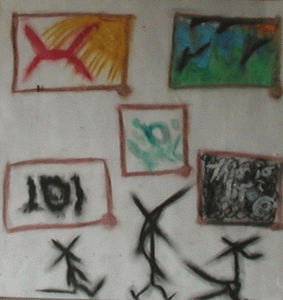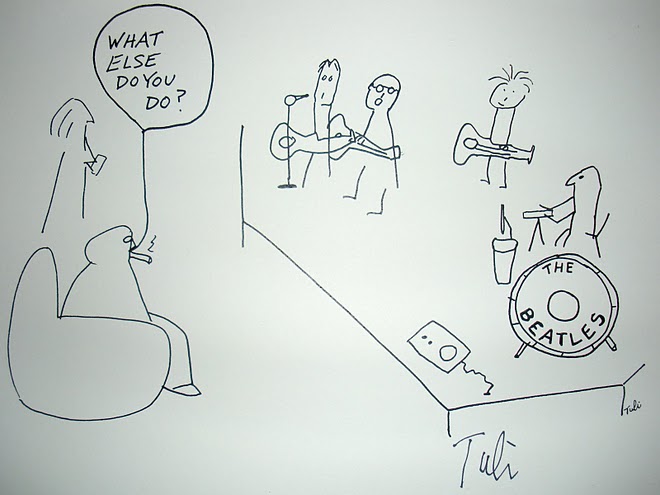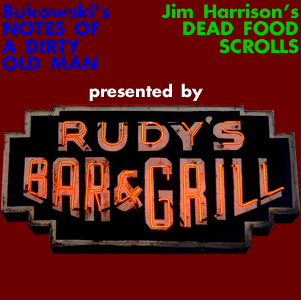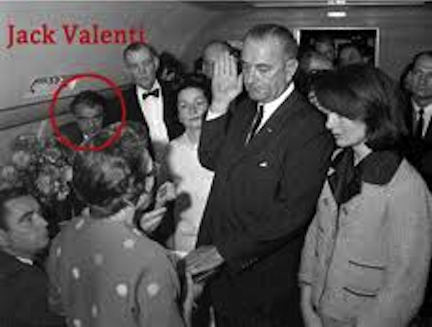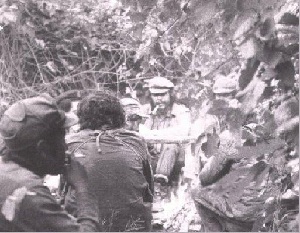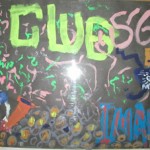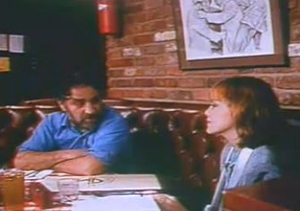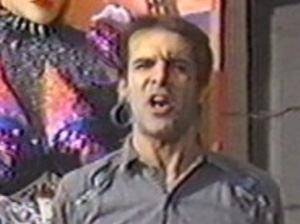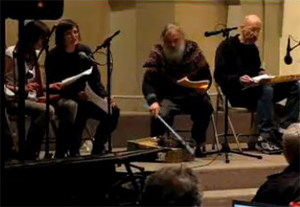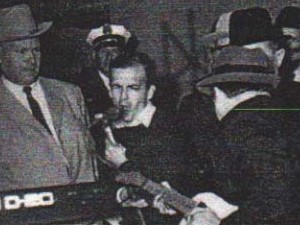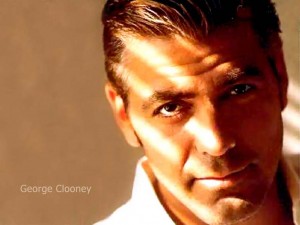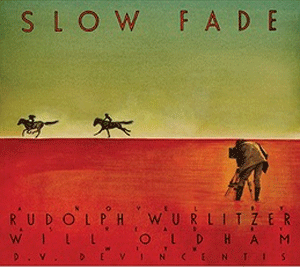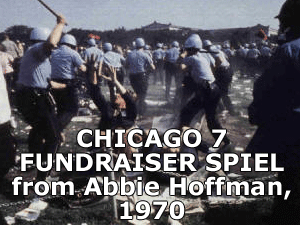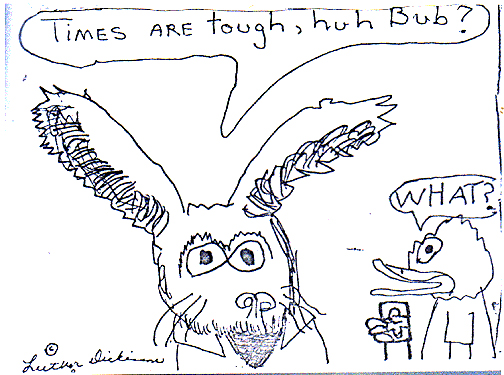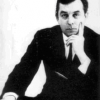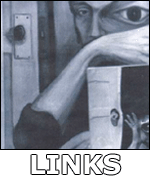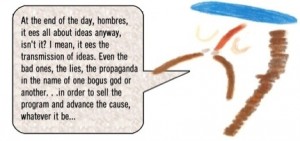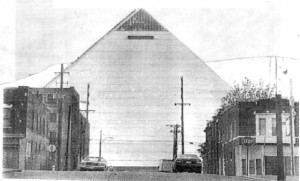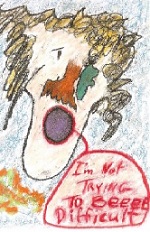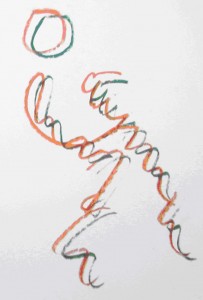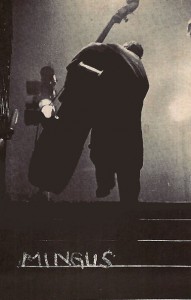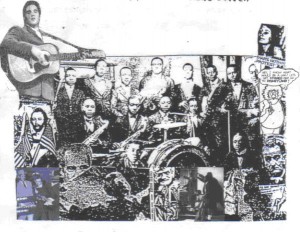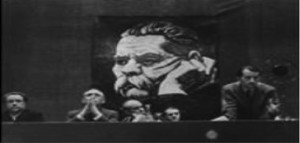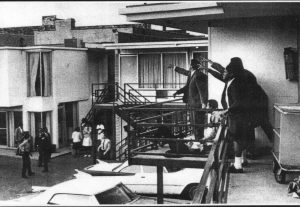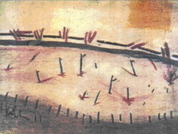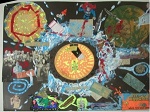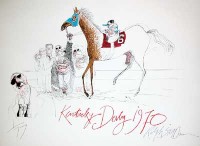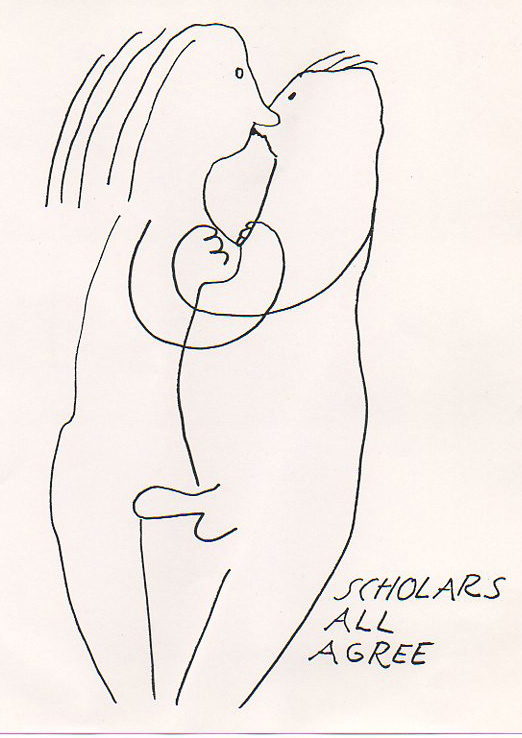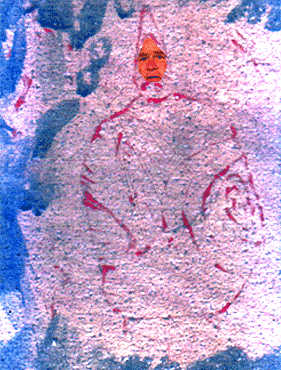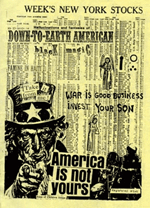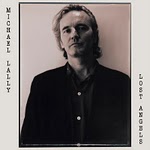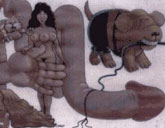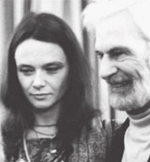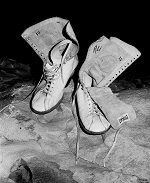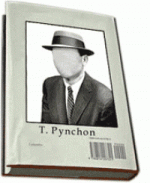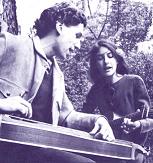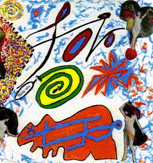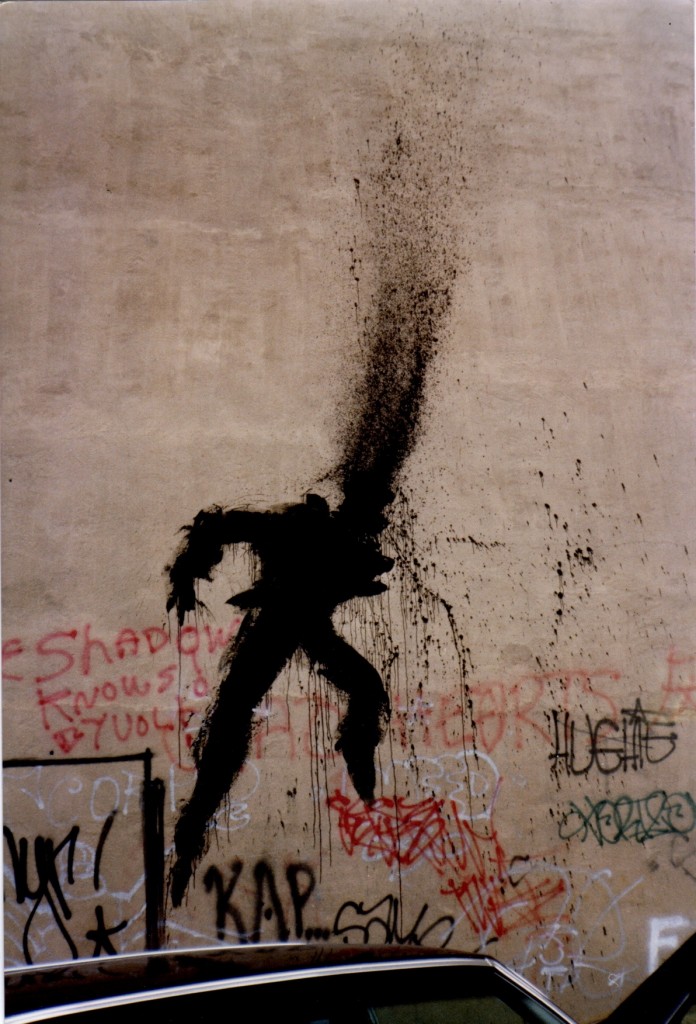HIGH LONESOME
excerpted from
Infinite Tuesday
An Autobiographical Riff
Michael Nesmith
excerpted from
Infinite Tuesday
An Autobiographical Riff
Michael Nesmith
Deep in the bowels of sorrow, in the songs of the hard-laboring, slow-growing, painful life that is mortality, there is embedded a concept shared among country and blues writers and musicians, called High Lonesome. Those two words describe the deepest pain experienced in this life—a pain so intense that to merely describe it is to experience it in some degree. This High Lonesome is beyond the reach of anything the human senses know. It cannot be seen, heard, or felt physically. It’s accessed only through the heart and soul. It is the essence of loss—lost love, lost chances, lost life—and nothing is ever sadder or more difficult to bear. It is wanting to love—feeling the need to love, deep and real—and having no place for it. It is affection, pure and sweet, with no one to receive it, no one to know it, no one to give it to or share it with.
High Lonesome had been the unknown and unintended theme of my life, even when my life looked to an outsider like an example of great success. Buried within the life of all mortals is one resounding and echoing heartbreak after another—one despairing moment repeating and repeating—even if it is unrecognized. High Lonesome is the feeling that accompanies it and is the purest blue the mind can paint.
It is truly said that, only by the blessings of universal order, from such a point there is no way to go but up.
What was really happening was I was running off with my friend’s wife, leaving two sad, angry mothers and four innocent kids behind, along with a failed marriage and a pile of unwanted recordings. What was really happening was I was at the bottom of the darkest box canyon I could have been in, without a shred of sunlight. I found myself in free fall. Every seam in the sack of my life started to split, and all its contents started leaking out. My affair with my friend’s wife became even more horrible to me, but I didn’t know how to retreat. Let’s call her Kathryn, because that was her name. We were thrown together by circumstance, and maybe it was because I was getting desperate that I fell in love with her, or maybe it was really true love. I didn’t know how to tell. I only knew the attraction was impossible to resist.
I had naturally reached out to my mother, whose fortunes were waxing and whose company, the Liquid Paper Corporation, was expanding in leaps and bounds, causing a stir in the office-supply business. Maybe, I reasoned, she would like to go into the record business with me. She sent her top execs out to meet with me and look at a possible fit. I can only imagine how thrilled they were to be sent to meet with the loony son of their chief executive.
It didn’t take long for Mom’s business team to figure out how incompetent I was as a businessman. Their advice to my mother was not the thing a mother wants to hear, especially after she’s discovered that leaving my wife and children to flee with a friend’s wife was a real option for me.
Countryside piano player David Barry told me that he met someone he thought maybe could help. She was part of a traveling commune coming through town, living in a school bus. He thought the woman might be happy to lend me some money to keep Countryside rolling while I got on my feet. I didn’t have the heart to tell him I had no feet, so I agreed to meet her.
The hippies were really more a commune of yogis. They were a beautiful bunch, following a form of Hinduism and trying to live an ascetic life. Their trip looked Keseyian, and even if the bus they were in wasn’t actually named Furthur, they were immersed in the developing counterculture of communes. They were educated, calm, radically left of center, and Countryside must have seemed to them like a good alternative-music enclave—except for the politics of country music, a not insignificant problem. Bringing them into my world, or me into theirs, would create a weird conundrum in my ever-growing sample box of conundrums, but I had little choice, and I privately thought of their presence as a blessing, the slight touch of the spirit of the Merry Pranksters’ stopping by the ranch and nodding their approval.
Michael Nesmith’s career in music television and movies took him from starring in The Monkees to a celebrated run of albums as a solo artist in his First National Band. He created the TV show Popclips, a forerunner of what would become MTV, and produced the films Repo Man and Tapeheads. He is the author of two novels and the founder of Pacific Arts Corporation, which produces projects in the worlds of audio, video and virtual reality, including Videoranch 3D. He lives in Carmel, CA.
Michael Nesmith’s INFINITE TUESDAY (an Autobiographical Riff) is available in hardback from Crown Archetype – ISBN: 978-1-101-90750-4, in eBook – ISBN: 978-1-101-89752-8, and as an unabridged Random House audio book.
Excerpted from Infinite Tuesday: An Autobiographical Riff. Copyright © 2017 by Michael Nesmith. Published by Crown Archetype, an imprint of the Crown Publishing Group, a division of Penguin Random House LLC.



